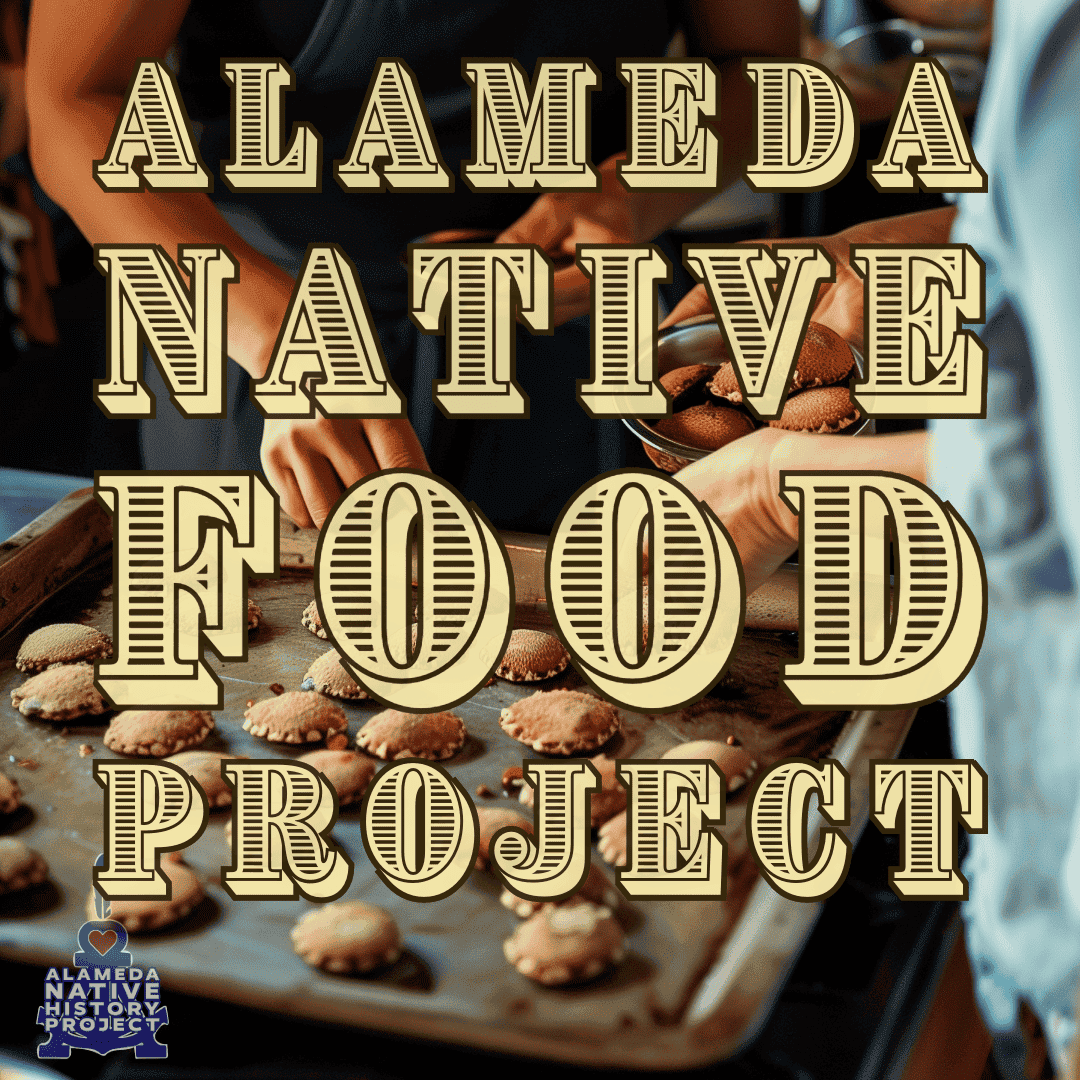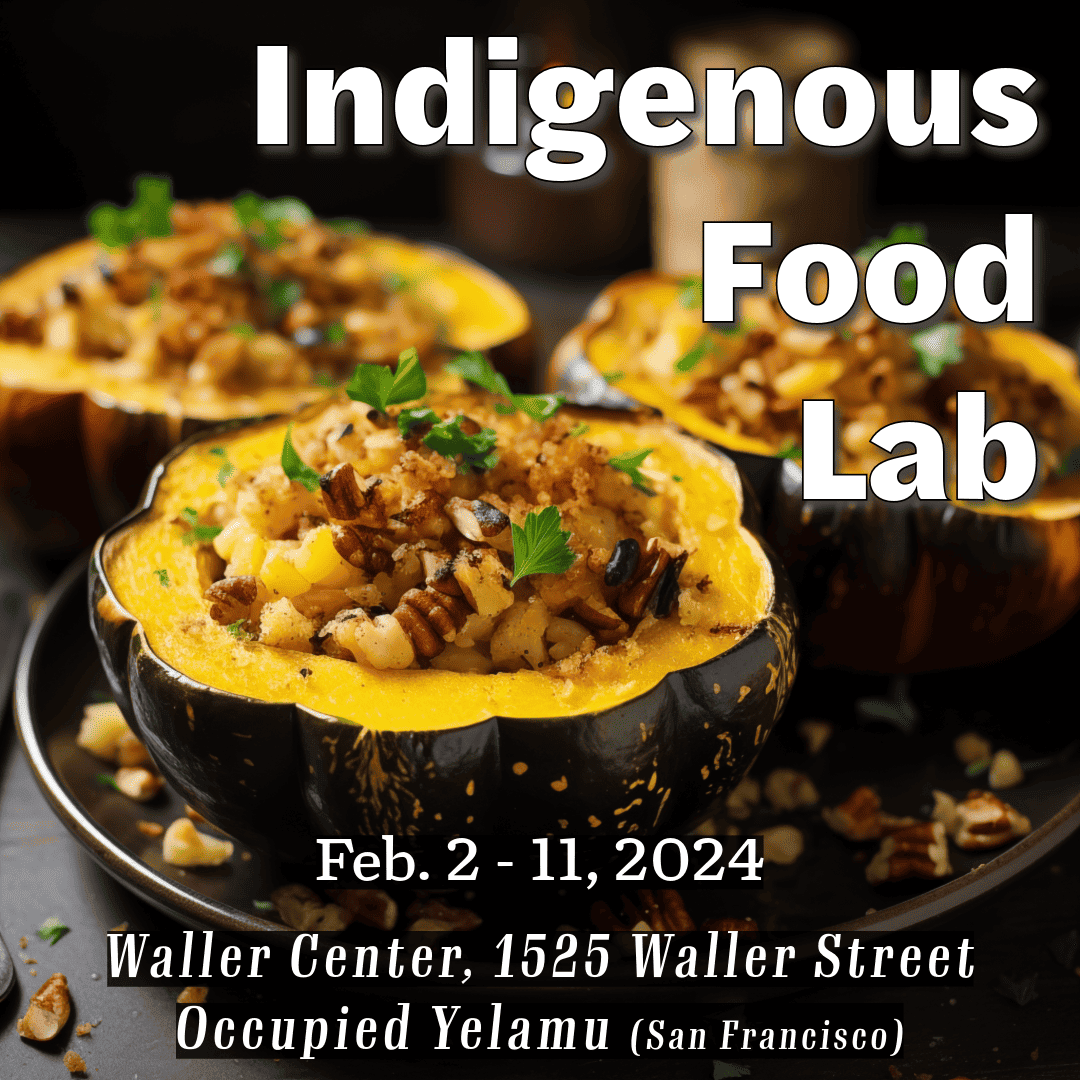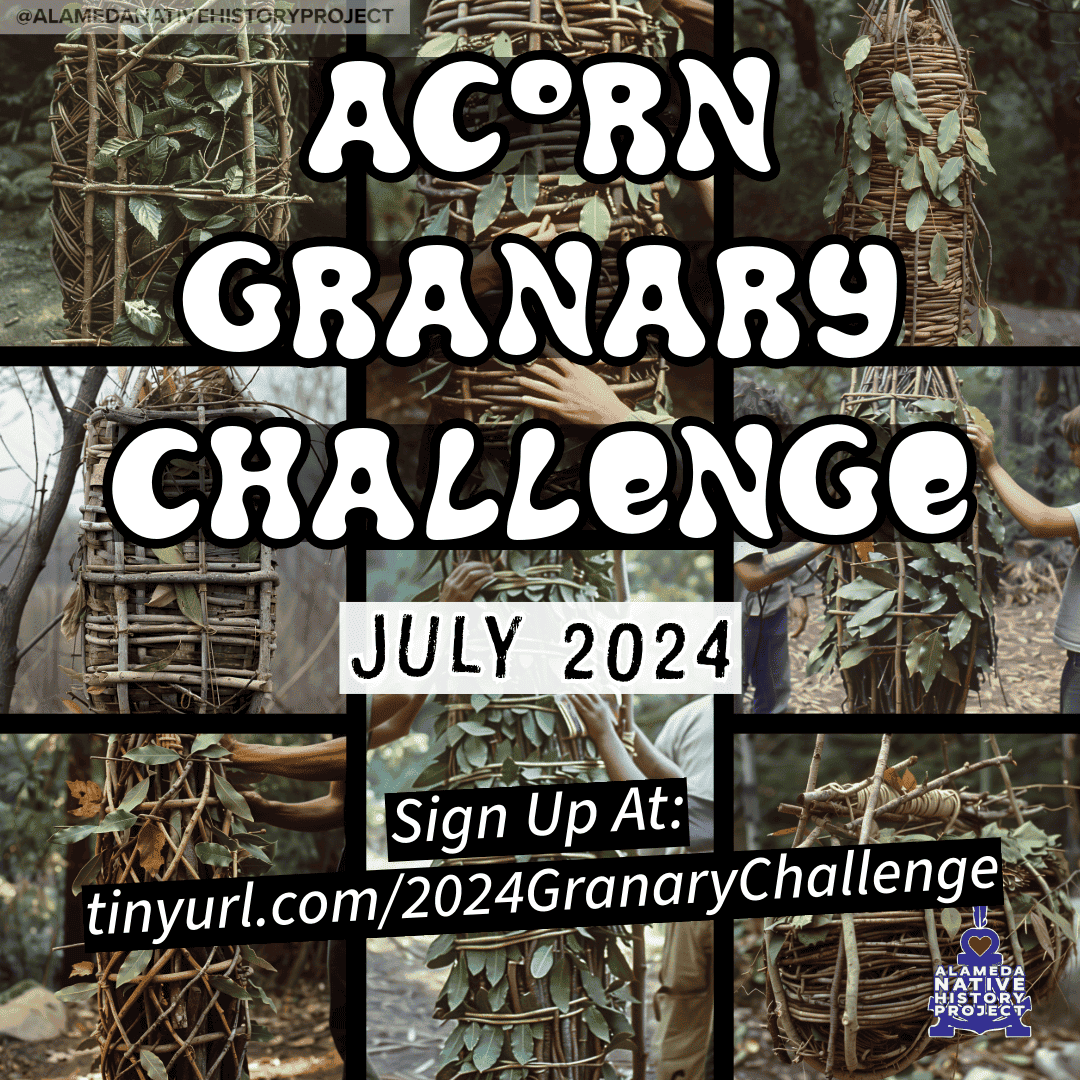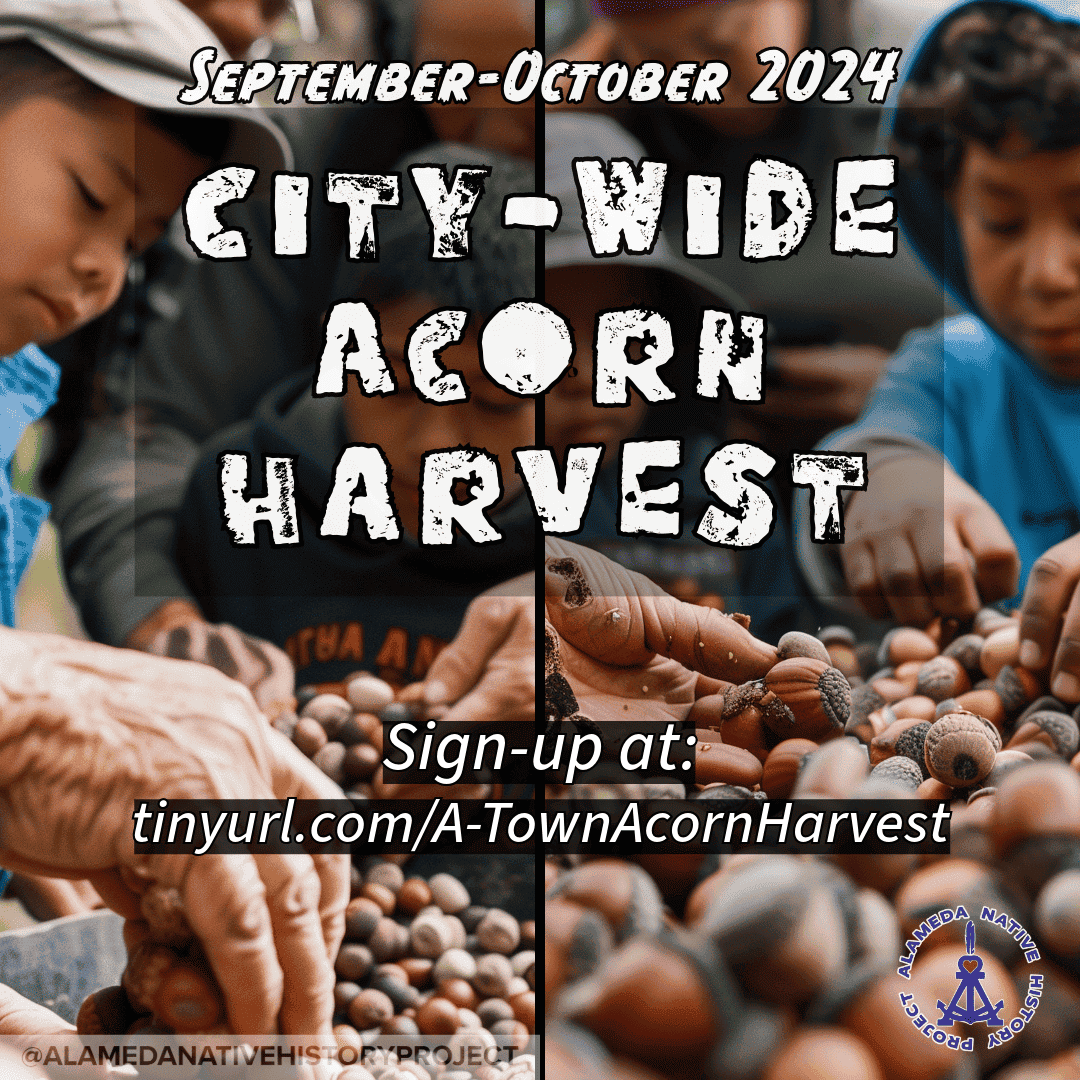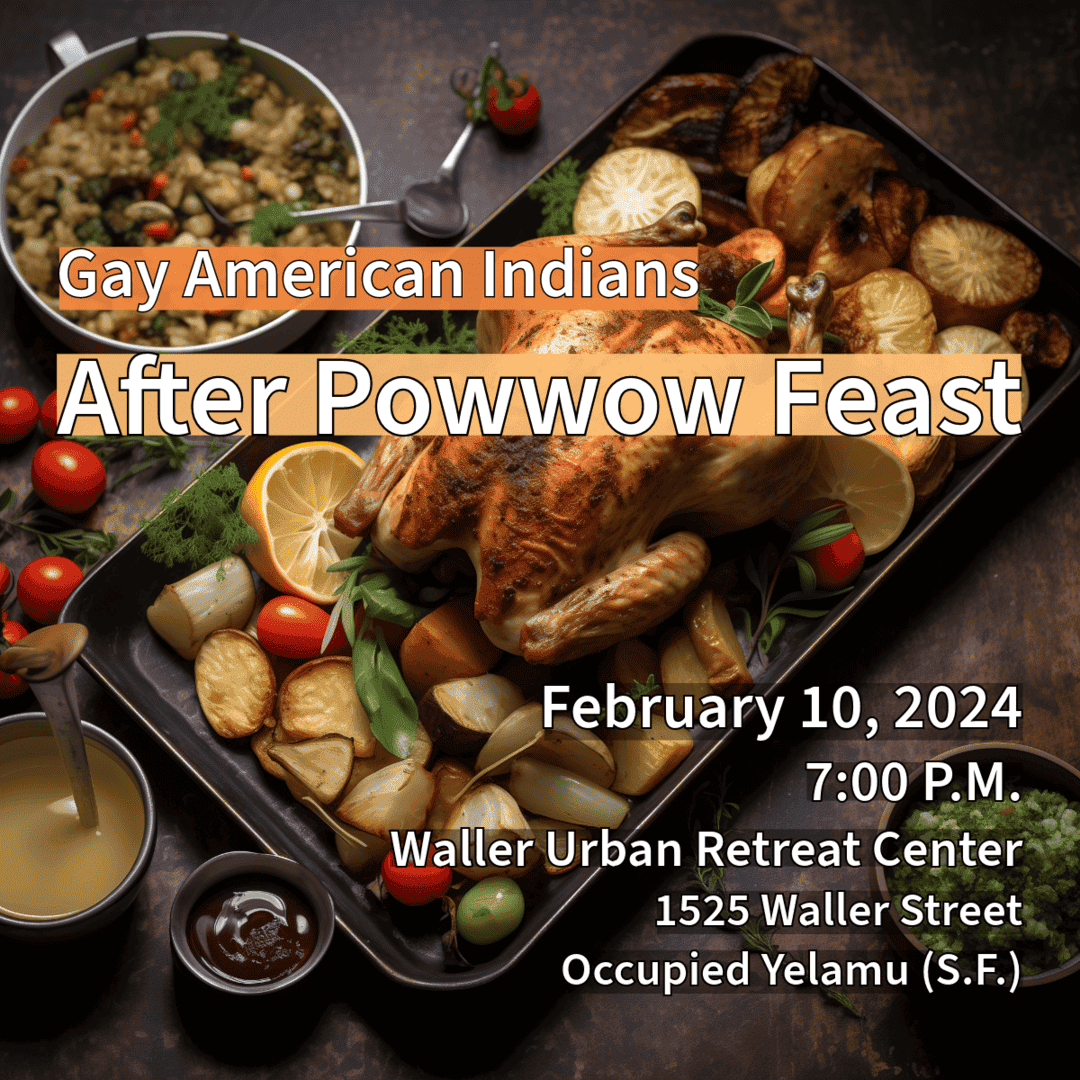By Gabriel Duncan, Researcher, Alameda Native History Project
Ozone is increasingly discussed as a way to manage stored acorns intended for food. It is already permitted in the United States as an antimicrobial agent for certain food uses when applied under good manufacturing practice. Because acorns are rich in unsaturated fats, the question is not only whether ozone reduces microbes, but whether it also changes the underlying lipids in ways that matter for quality and compliance.
When ozone reacts with unsaturated fatty acids, it follows a defined chemical pathway. It can form primary oxidation products (lipid hydroperoxides, measured as peroxide value), secondary oxidation products (aldehydes and ketones), and cyclic peroxides called ozonides. Studies on ozonated vegetable oils and high fat foods show that these reactions can be significant and persistent, and that ozonated lipids are chemically modified compared to the original oils.
Food science uses objective indices to evaluate oxidative quality. Peroxide value is a marker of primary oxidation. Aldehyde related tests, such as p-anisidine value, indicate secondary oxidation. Many commercial and compendial standards treat materials with values above defined limits, often around 10 to 20 milliequivalents of active oxygen per kilogram for refined oils, as oxidatively deteriorated and out of specification. These tools can be applied to ozone treated acorns to see whether their lipid quality remains within accepted ranges.
Regulatory principles are also relevant. Ozone is allowed as a processing aid when its use does not result in unsafe residues or unfit food. Food that is decomposed or that contains unsafe added substances can be considered adulterated. Ingredients that do not meet applicable quality criteria are not used as standard raw materials in foods represented as wholesome.
For these reasons, ozone treated acorns proposed for food use should be evaluated through established analytical tests, rather than assumed equivalent to traditionally processed acorns in the absence of data.
This is the kind of careful, evidence based work we do at Alameda Native History Project. We research, we verify, and we translate complex science into clear information our communities can use. This supports the revival of Indigenous foodways and shows a real, measurable contribution to STEM rooted in Native leadership and priorities. If you value this work, please consider supporting it with a donation.
